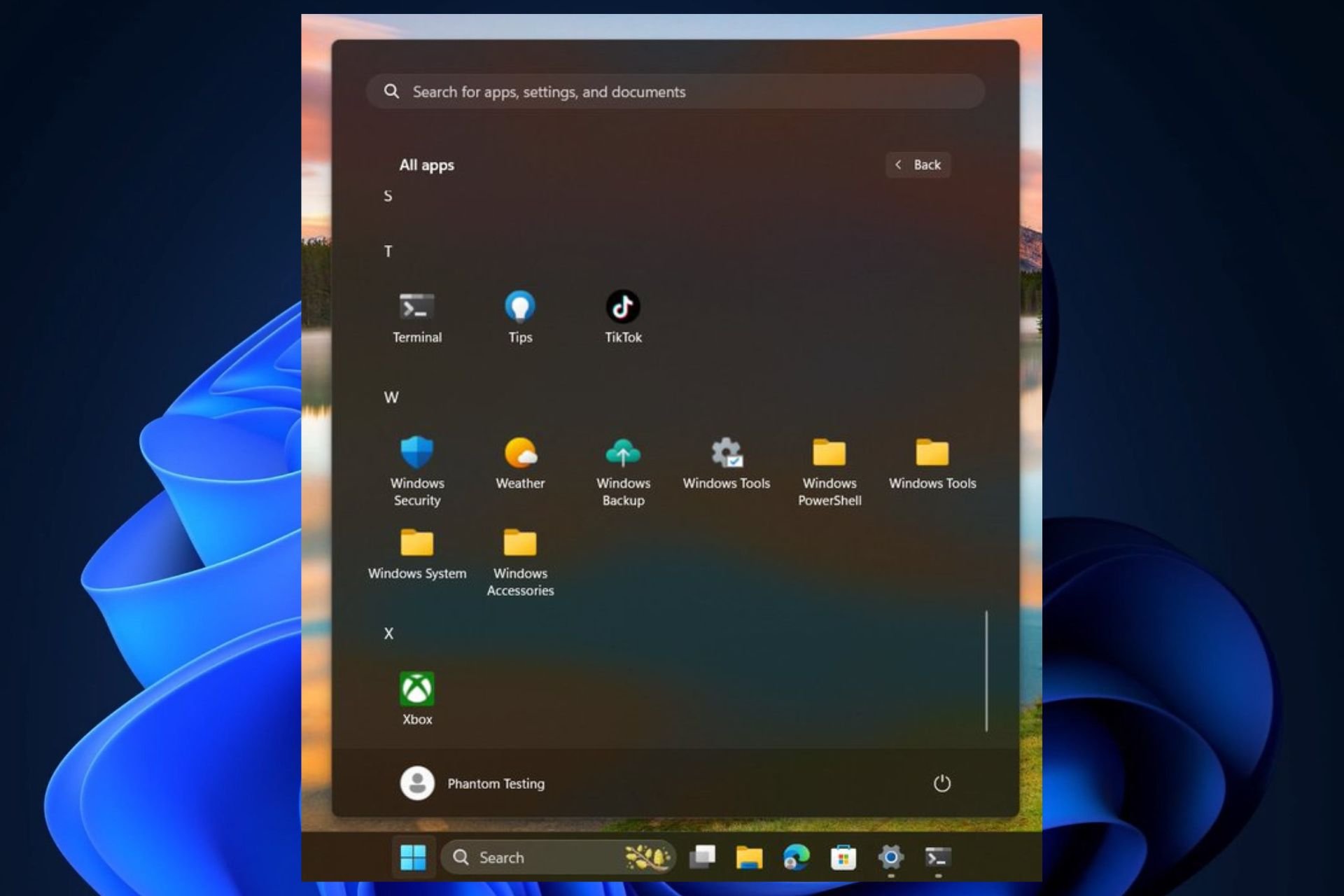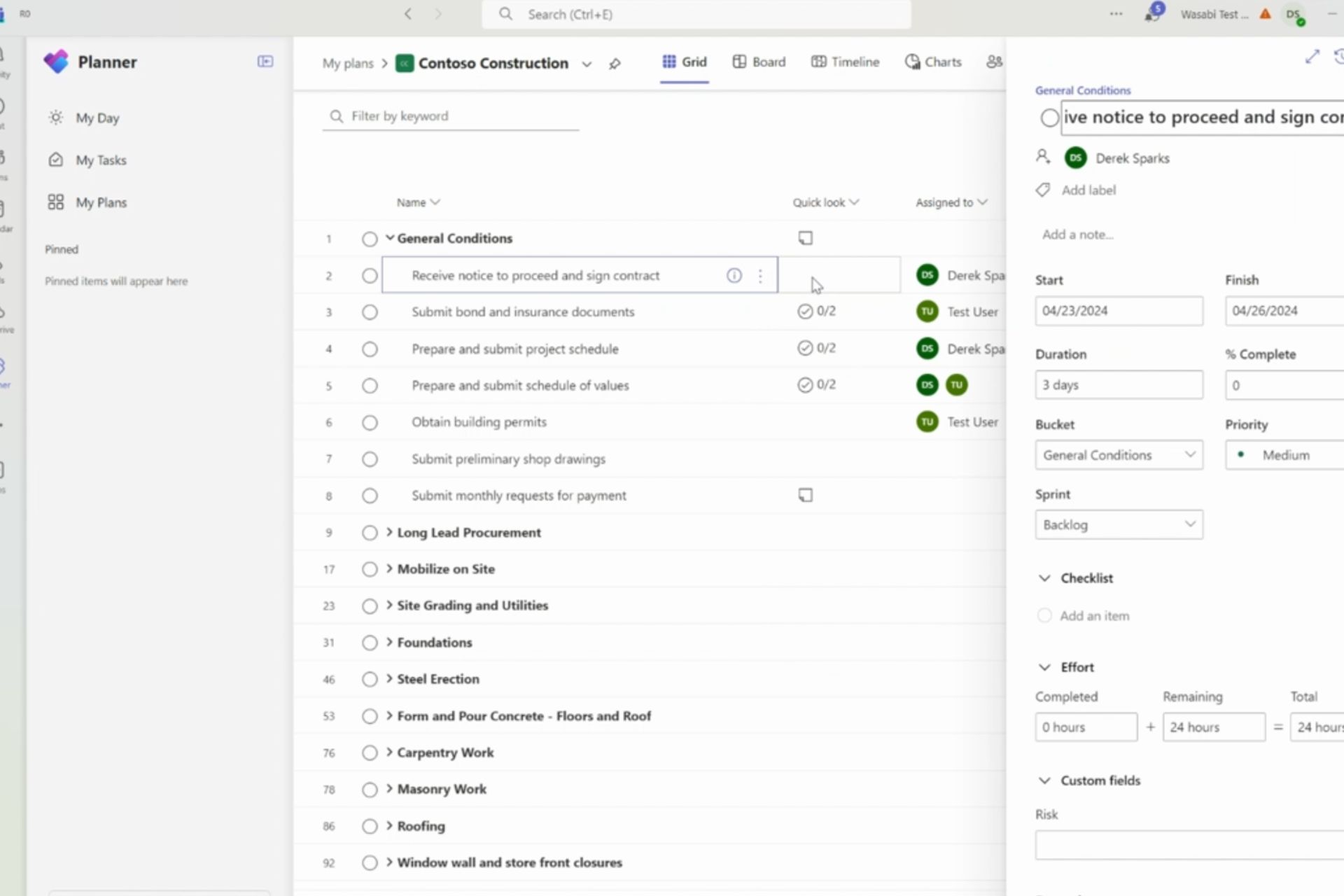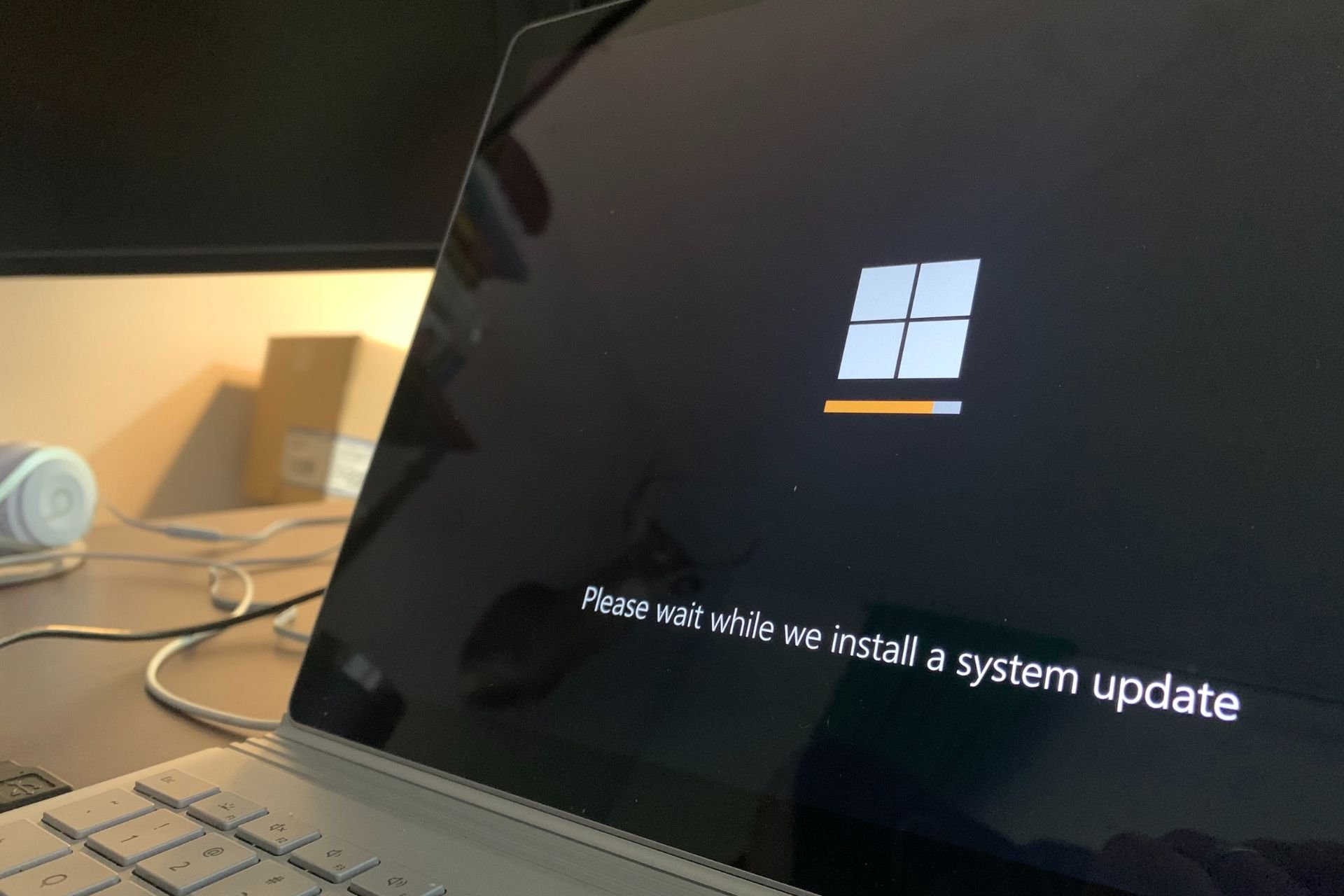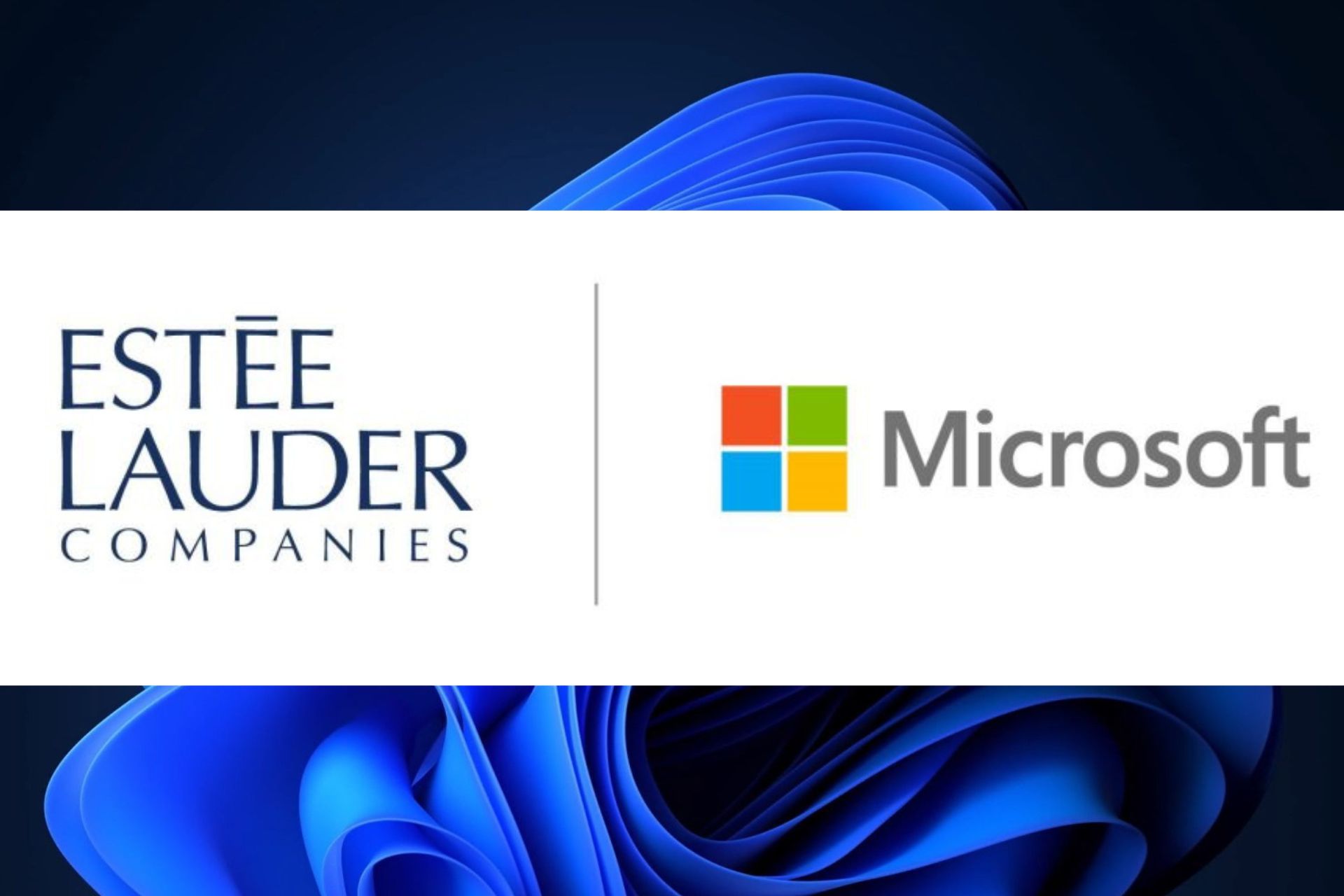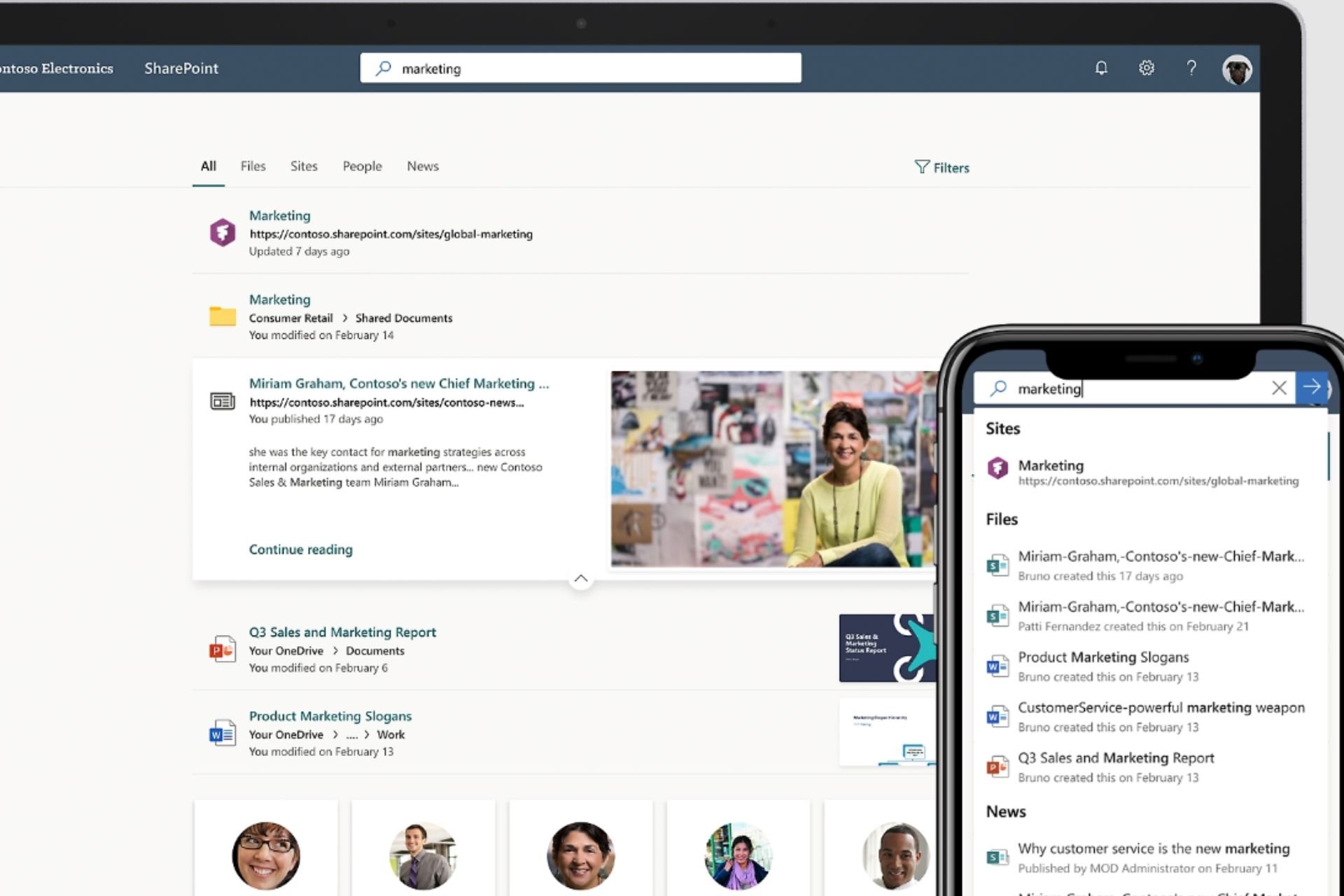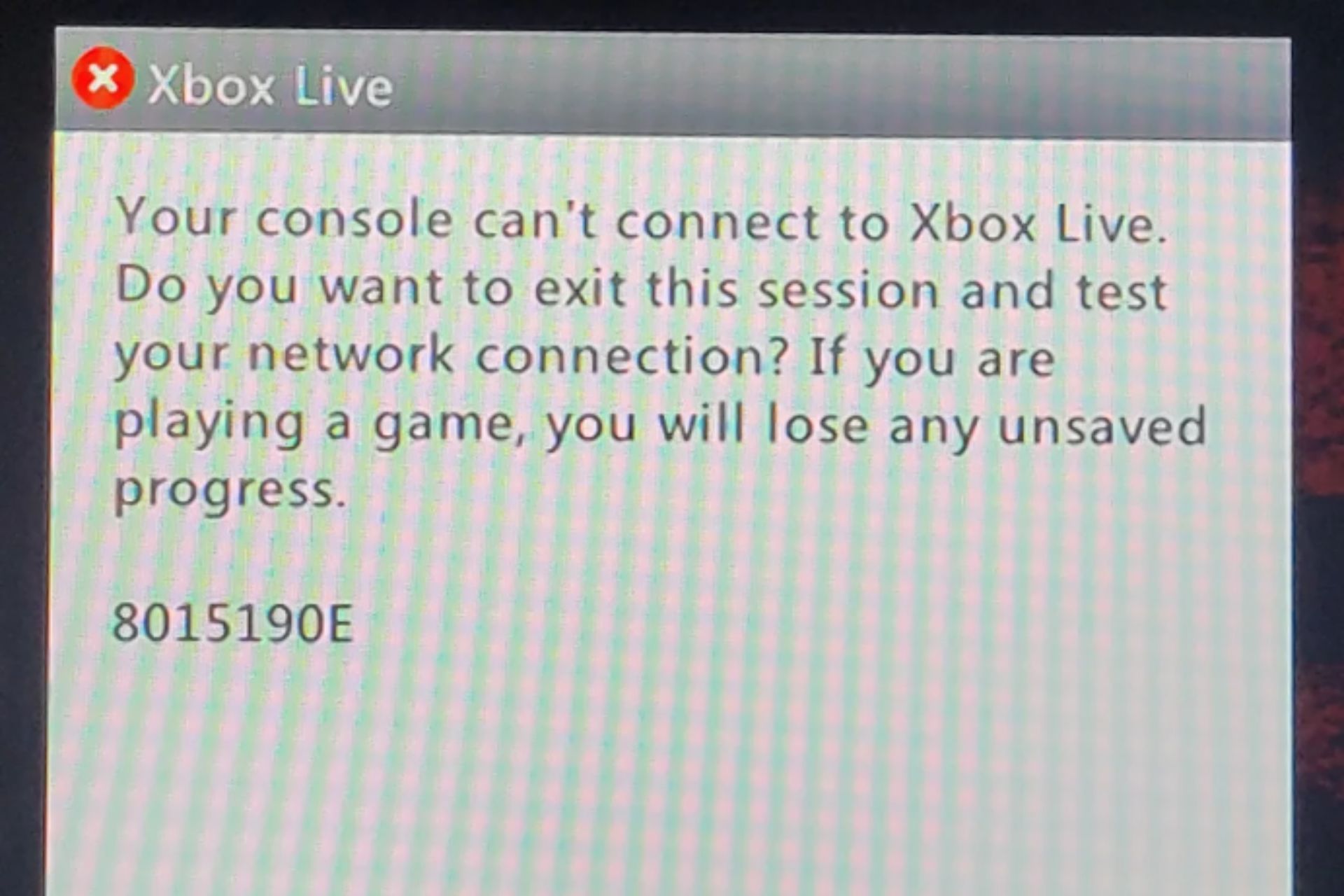Windows 11 update safeguards will ensure a clean, safe transition
4 min. read
Updated on
Read our disclosure page to find out how can you help Windows Report sustain the editorial team Read more
Key notes
- During the most recent ask-me-anything (AMA) session, Microsoft revealed more information about the Windows 11 upgrade.
- The Redmond tech company will be able to determine your device’s compatibility using available advanced telemetry data.
- IT admins, as well as consumers won’t have to bother with checking Windows 11 hardware requirements in order to determine whether the update is available for their devices.
- Microsoft also specified that there will be no cheating in the installation process for Windows 11, so users can’t bypass these restrictions by modifying their Group Policy.
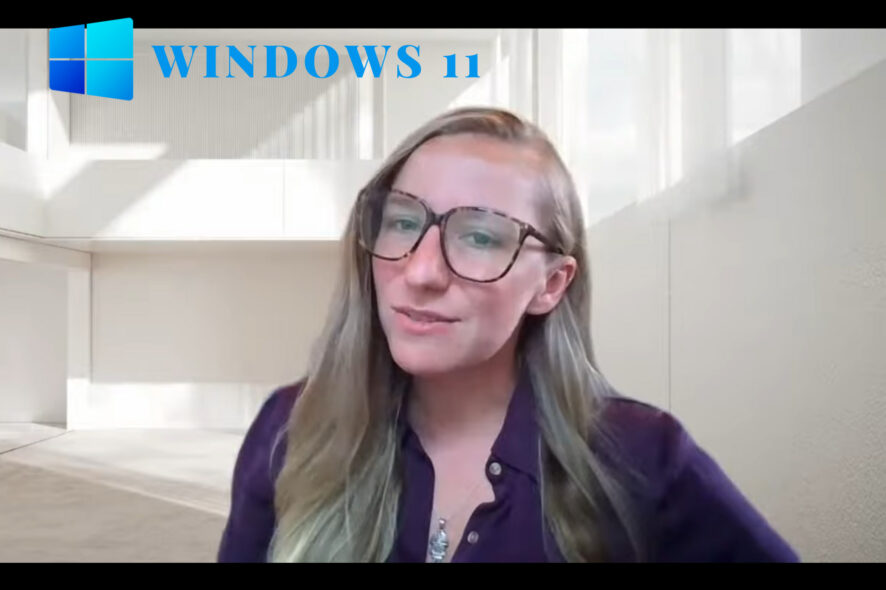
As we all are pretty much aware by now, Windows 11 is now available for some rigorous beta testing. Users that are registered to the Windows Insider program can download the early preview builds.
A stable version of Windows 11 will be rolling out later this year, and we will be able to upgrade for free, provided we have the necessary hardware to support the operating system.
There has been endless talk about the requirements for the upcoming OS and not meeting the necessary threshold will result in users still having to rely on Windows 10 for their everyday routines.
Microsoft will know if you are ready for the upgrade
Although under more rigorous standards, the Windows 11 upgrade will be much more permissive than the previous OS one.
As you might remember, the Windows 10 upgrade policy was different than what the tech company is trying to do right now.
At that time, Microsoft sort of forced the upgrade on many users. Now, the Redmond tech giant is allowing users to install Windows 11 at their own pace.
The process was eloquently explained during a new question and answer session that focused on Windows 11s upgrade paths and deployment tools for businesses/enterprises.
Experts that held this session made it clear that the new hardware requirements are staying in place because Microsoft wants to offer users better Windows security than ever.
We know it sucks that some aren’t going to be eligible for Windows 11. But the great thing to remember is the reason we’re doing that is to keep to devices more productive, have a better experience, and better security than ever before so they can stay protected in this new workforce.
In a nutshell, the Redmond tech company will be able to determine your device’s compatibility using advanced telemetry data, and the Windows Update will let you know if you can or can’t install Windows 11.
Microsoft’s Aria Carley Carley went on to say that IT admins, as well as consumers won’t have to bother with checking Windows 11 hardware requirements in order to determine whether the update is available for their devices.
What will happen is, the operating system will automatically check if the Windows 11 upgrade will work on any specific machine.
We don’t want all of the admins or all of the consumers out there to have to constantly be thinking [about compatibility],” Microsoft officials said. “What we’ve actually done is bring some of that enforcement inbox so rather than you having to even think about it, your device will actually be able to determine by itself before ever being offered [Windows 11] and wasting that download.
No cheating the installation on unsupported devices
If you are trying to get Windows 11 on an unsupported device, surely the compatibility error will appear directly within the Windows Update or Windows Update management tools for businesses.
And unlike Windows 10 update safeguard hold, users can’t bypass these restrictions by modifying their Group Policy.
Group policy will not enable you to get around the hardware enforcement for Windows 11. We’re still going to block you from upgrading your device to an unsupported state since we really want to make sure that your devices stay supported and secure.
Yes, we know that there’s always the possibility of tech-savvy users finding ways to bypass the Windows 11 hardware requirements.
However, you absolutely shouldn’t look for any sort of Windows 11 downloads online claiming to work on any device, as these executables contain dangerous malware.
Know that Microsoft is currently trying to optimize the operating system for 7th gen hardware and fresh Windows Insiders are given the opportunity to try the OS on older hardware.
We’ve previously covered that Windows 11 requires TPM 2.0 in order to run, which is a security feature that’s already built into new laptops and desktops.
And even though you’ll be able to bypass the TPM 2.0 requirement by modifying the registry, you’ll still need to meet the minimum CPU requirement to install the new OS.
What are your thoughts on Microsoft’s latest ask-me-anything (AMA) session? Share your thoughts with us in the comments section below.

